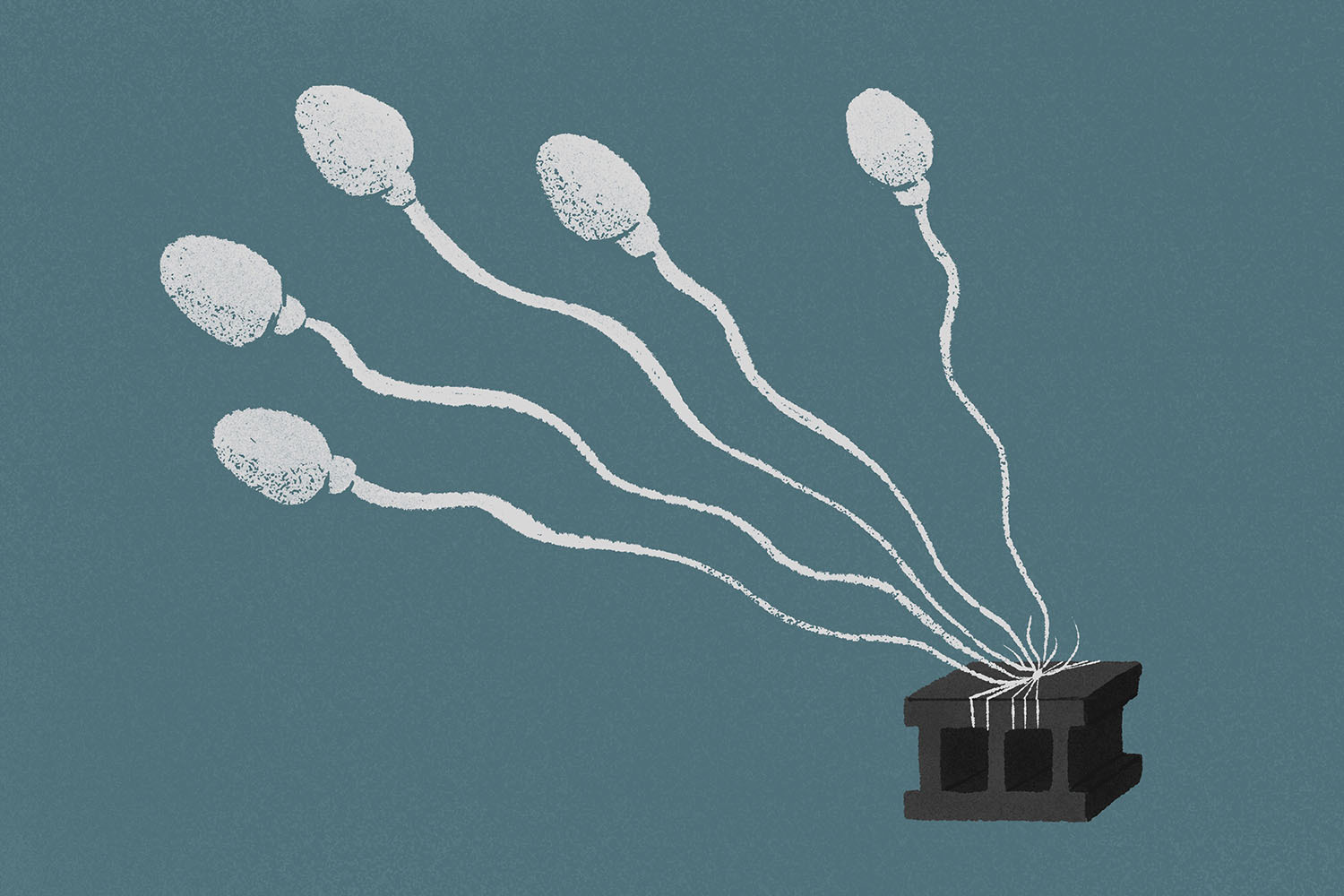Unlike women, who have the cursed privilege of a wide variety of birth control methods — most of which come with potential side effects that may or may not significantly impair a woman’s quality of life — men who want to take control of their reproductive health don’t have much in the way of long-acting, reversible birth control. Also unlike women, men have consistently proven relatively unwilling to deal with the side effects of the birth control options that could become available to them, so it’s kind of hard to feel too sorry for them.
Over the years, several attempts have been made to introduce a male birth control pill to the masses, but they have failed to pass human trials. You see, it would seem that most of these pills cause side effects like weight gain and depression — much like the hormonal contraceptives women have been taking for 60 years — for which men have proven to have a much lower tolerance than their female counterparts.
Still, science isn’t giving up on men and their right to reproductive control just yet. Once again, a new male birth control pill is in the works. Presented this week at the spring meeting of the American Chemical Society, the proposed drug would work by depleting sperm counts, rather than reducing testosterone levels like most previous attempts at male birth control. Instead of using hormones, the pill targets interactions with vitamin A, a key component in fertility, providing a non-hormonal method researchers hope will be free of the unwanted side effects usually observed in hormonal contraceptives.
So far, things seem to be going well. The pill has been found to be 99% effective at preventing pregnancy in mice, reducing sperm counts in male mice without any other side effects. “When we went to even 100 times higher dose than the effective dose, the compound didn’t show any toxicity,” research leader Md. Abdullah al Noman told NewScientist. The method also seems to be reversible; mice were able to reproduce normally within six weeks after stopping the pill.
Human trials in the U.S. are expected to begin later this year, and, of course, that’s where things tend to get trickier. It’s hard to predict if a drug that performs well in animal studies will translate to humans, and mice can’t complain like men can. If all goes well, however, researchers say the product could be available to men within five years, becoming the world’s first male birth control pill, and certainly an easier option than steeping your balls.
Whether you’re looking to get into shape, or just get out of a funk, The Charge has got you covered. Sign up for our new wellness newsletter today.

















